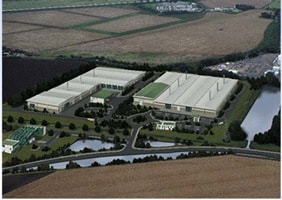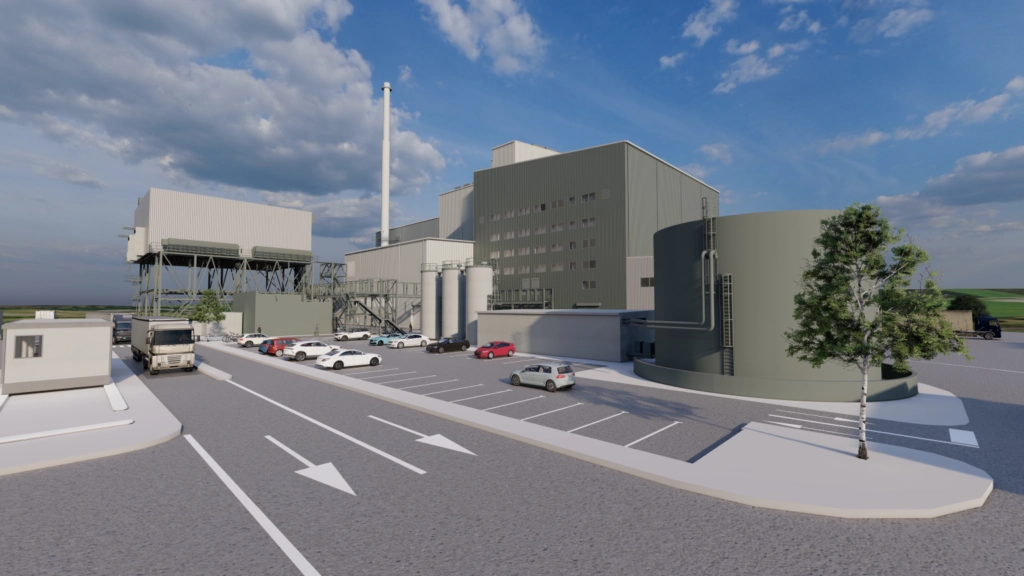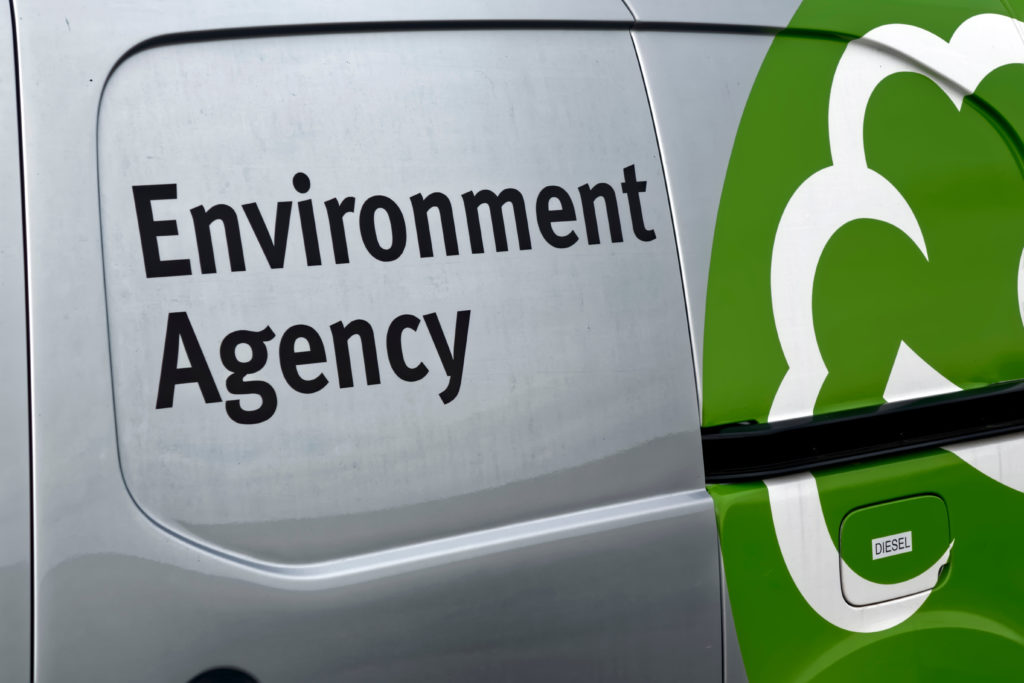The company, which already has a contract with Grundon to be the technology supplier for a proposed gasification plant in Perth, Scotland, said that Leveraged Green Energy an existing institutional shareholder in APP, has further demonstrated its support for the company with a number of important moves.

An Advanced Plasma Power (APP) statement continued: LGE has invested an additional 7.6 million at 50p per share by exercising in full the remainder of its option under the original May 2009 transaction. Furthermore, LGE and APP have agreed terms for an additional investment of up to 7.5 million into the company at 2 per share, which would value APP at around 300 million, to be called if needed for project development.
The funding support is for the development of APPs Gasplasma process which converts residual waste into a clean hydrogen-rich synthetic gas and an inert vitrified product called Plasmarok suitable for use as a building material. The syngas can be used to power gas engines or turbines for generation of renewable electricity and heat or converted for use in fuel cells or as synthetic natural gas or as a liquid fuel.
Rolf Stein, who was appointed chief executive of the company earlier this month, told letsrecycle.com that he welcomed the additional investment and noted that the company is not dependent on bank funding for project development. We are a technology company which is able to adopt the role of developer as well.
Mr Stein explained that the process sees the gasifier doing the donkey work, reducing the duty on the plasma process which helps lead to greater energy efficiency and leaving no residual waste after vitrification of the bottom ash. The process also attracts double ROCs for financial support under the UKs renewable energy financing policies.
The company, he said, has six sites in the UK under development, mainly in England, including a project in London although further details have not been given. And, while some in the waste sector consider the APP process could be more expensive than traditional energy from waste incinerators, Mr Stein said: This is an affordable technology. There is a market for waste and there are gates fees and markets for SRF. We can compete very well and certainly can compete with incineration and capex is much less per tonne.
We believe there is a big advantage in producing small scale local plants to reduce waste miles facilities should be located locally under the proximity principle
Perth project
Earlier this month, representatives from the Scottish Environment Protection Agency (SEPA) and Perth and Kinross council planners and environmental health officers made a fact-finding visit to the APP office in Swindon which is adjacent to a demonstrator APP Gasplasma plant, using the technology which would form the core of the facility proposed by Grundon for Shore Road, Perth. The company has outline planning permission for the plant.
A statement from APP said: As the eight visitors toured the plant, they saw at first-hand how the process takes two well established, well proven technologies gasification and plasma arc and combines them into a Gasplasma system. They heard how the provider of the fluidised bed gasifier Energy Products of Idaho (EPI) has 95 reference plants with over five million hours of practical operating experience on over 200 varieties of biomass fuels and waste products, including refuse derived fuel (RDF).
The plasma converter is supplied by APPs sister company Tetronics, based with APP at the Swindon site – Tetronics has been manufacturing and supplying high temperature plasma arc technology since 1964 to around 80 reference plants in steel and other sectors.
What is plasma?
According to APP, plasma is often referred to as the fourth state of matter. A lightning bolt is an example of plasma in its naturally occurring form, and APP says that its compact and controllable nature makes it one of the cleanest and most environmentally friendly thermal processing technologies available.
Mr Stein said: We were delighted to welcome the SEPA and council representatives to Swindon and show them around our facility. They spent about three hours touring the operating facility and asked a wide range of questions, covering everything from plant design and technology and types of waste inputs to the different stages in the process.
Grundon and APP remain confident that we can provide the most sustainable waste management solution for the people of the City of Perth. The Gasplasma energy from waste process would turn local waste into local renewable heat and power, as well as producing valuable building material.
Peterborough
Meanwhile, Tetronics is supplying plasma technology to deal with Air Pollution Control (APC) residues which would be created onsite at the proposed Peterborough Energy Park and on September 13 2011 announced that it has formally signed a licence agreement with developer Peterborough Renewable Energy Ltd (PREL).
Tetronics chief executive Stephen Davies told letsrecycle.com that the plasma technology would be used for a 650,000 tonnes per annum capacity biomass power station which will take in wood and is being developed at the energy park. The APC residues would normally go to hazardous landfill but our process will create an inert material called Plasmarok which is defined as a product.
Construction has not yet started on the power plant at Peterborough although work could get underway early next year.
Developer PREL has said that the power and recycled materials produced from the park will come from its ability to process up to 650,000 tonnes of material per year. This material will be a mix of wastes such as municipal, commercial and industrial. In the case of municipal waste the waste received will be that left over after recycling has taken place. Alongside wastes, the energy park will support local agriculture by providing markets for their straws for use as a renewable fuel. The park will also take agricultural waste, and elements of the construction and demolition waste. Based on pre development discussions with waste providers, the energy park will be processing in the region of 460,000 tonnes of material from local sources.







Subscribe for free